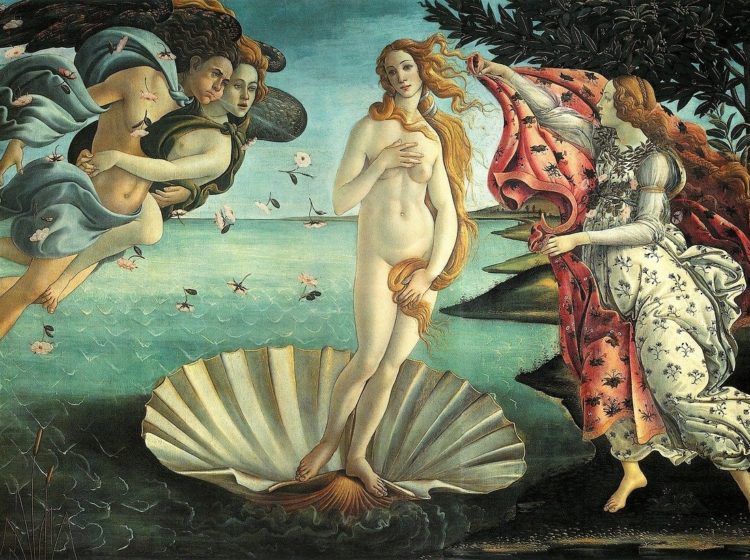Teenage years are complicated; we all know that. Kids go through physical and psychological transformations, but what exactly happens?
Well, they discover the pleasures of sensuality and their instincts prevail on their intellect. Kids also start to be more aware of their emotions and feelings.
They want to grow and in order to do so they feel the need to take distance from their parents, to be different from them and experience something new. Kids will then get closer to their peers but in the process they can feel an empty space: celebrity attachment would reflect the transition from parental attachments to peer attachments.
This is also the time when kids feel their passions and for the first time they desire to be in a fulfilling relationship; however, a real relationship is scary. A real person could not accept us and refuse our love; he/she could betray us and not take good care of us.
It’s easier for kids to fall in love with someone unique, so special to be out of reach: it’s an impossible and heart breaking love, but yet very important. So kids fall in love with celebrities and dream of them.
This passion for a celebrity helps kids to feel more independent; it’s a first step to separate from their parents and to replace their presence with someone else to love.
This love also embraces the kids’ needs of conforming to the peers and being accepted by them, especially by those who have similar tastes and interests.
It also allows their fragile identity to get stronger thanks to the identification with someone famous and beloved by millions of people.
As mentioned already, falling in love with a celebrity allows kids not to confront with a real person: kids can experience their feelings without risking, without being involved in the intimacy of the relationship. A celebrity is also someone that we can “control” better than a peer: since we don’t know that person we can imagine him/her as he/she most suits us.
Evolutionary psychologist Francisco Gil-White, from the University of Pennsylvania in Philadelphia, has an interesting point of view on the topic. He says “humans have a biological predisposition towards recognising prestigious individuals and acting sycophantically towards them. In the ancestral environment, prestigious individuals would be followed by people who wanted to gain information about successful living. Modern-day children who follow celebrities may be more popular because they are using this inbuilt mechanism to determine who and what is ‘cool’ “.






